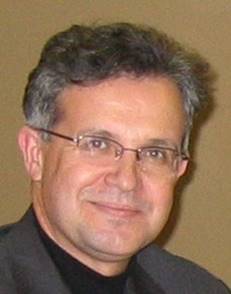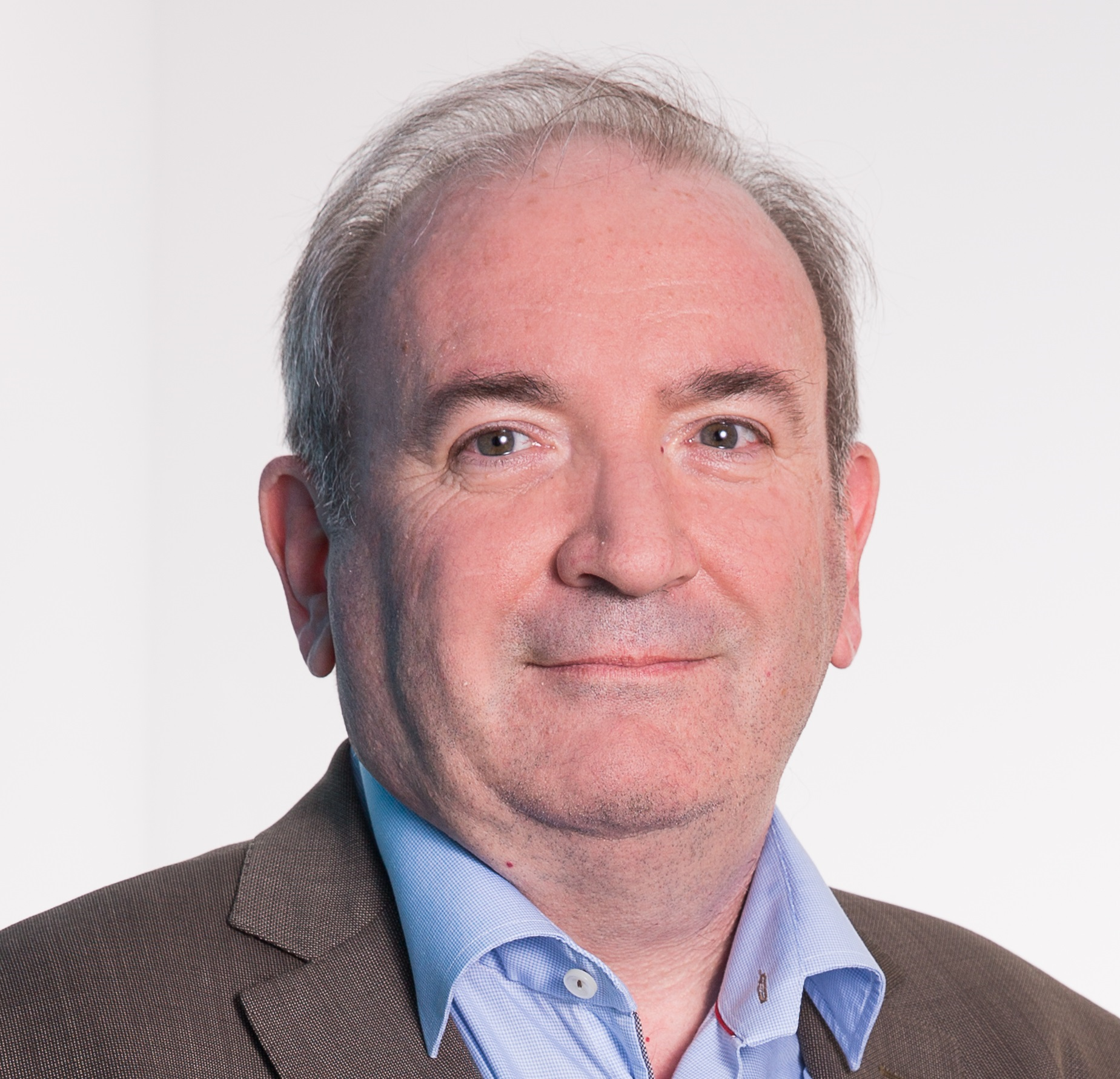Thursday, November 1st
Connecting the Dots in Smart PLM: Preparing Big Industrial Data for Cognitive Analytics and Manufacturing
by Prof. Dr. Dimitris Kiritsis, École Polytechnique Fédérale de Lausanne
Abstract
In the context of Circular Economy, Closed-Loop PLM extends the meaning of PLM in order to close the loop of the information among the different lifecycle phases of a product. Data and information from Middle-of-Life (MOL) such us usage data, maintenance activities, updates etc., could be used at the End-of-Life (EOL) stage to support deciding the most appropriate EOL option (specially to make decisions for re-manufacturing and re-use) and, moreover, combined with EOL data and information it could be used as feedback to the Beginning-of-Life (BOL) phase for improving the new generations of products. Ontologies and associated semantic technologies such as Knowledge Graphs are rapidly becoming popular in various domains and applications to deal with the tremendous increase of available data captured all along the lifecycle of a product. Currently, there is a trend both in converting existing models into ontology-based models, and in creating new ontology-based models from scratch. The aim of this talk is to present the advantages and features provided by the ontologies into PLM models towards achieving Closed-Loop Lifecycle Management.
Speaker
Prof. Dr. Dimitris Kiritsis is Faculty Member at the Institute of Mechanical Engineering of the School of Engineering of EPFL, Switzerland, where he is leading a research group on ICT for Sustainable Manufacturing. His research interests are Closed Loop Lifecycle Management, IoT, Semantic Technologies and Data Analytics for Engineering Applications. He served also as Guest Professor at the IMS Center of the University of Cincinnati, and Invited Professor at the University of Technology of Compiègne, the University of Technology of Belfort-Montbéliard and at ParisTech ENSAM Paris. Prof. Kiritsis is actively involved in EU research programs in the area of Factories of the Future and Enabling ICT for Sustainable Manufacturing. He has more than 220 publications. Since September 2013 Dimitris is Chair of IFIP WG 5.7 - Advanced Production Management Systems and from 2013 to 2017 he was member of the Advisory Group of the European Council on Leadership on Enabling Industrial Technologies - AG LEIT-NMBP. He is also founding fellow member of the International Society for Engineering Asset Management (ISEAM), of various international scientific communities in his area of interests including EFFRA and among the initiators of the IOF (Industrial Ontologies Foundry).
|
 |
Friday, November 2nd
Towards a Megamodel Driven Approach for Regulatory Information Systems
by Prof. Dr. Eric Dubois, Luxembourg Institute of Science and Technology
Abstract
Today, business organizations are more and more facing compliance issues coming from international and national regulatory bodies, from standardisation bodies as well as from recognised professional and/or sectorial associations. Demonstrating compliance to all the requirements included in the different regulations and norms requires huge and costly efforts, in particular regarding the development of information systems supporting the reporting to the supervision bodies. For the supervisory authorities (regulators, auditors, etc.), there are also important challenges in particular regarding the interpretation and the comparison between the reports issued by the different supervised organisations. It is often the case that two business organisations in a completely similar situation (in terms of work practices, infrastructures, etc.) will come with a different reporting due to their interpretation of norms as well as of the nature of evidences that have been collected and compiled for the reporting. An additional complexity comes for business organisations having to report on their compliance to multiple norms.
Where overlapping multi-regulations apply, there is an additional need for a business organisation to use a unique reporting regulatory information system and not to manage several systems with overlapping information. In a world of multi-regulations/multi-regulators, we plead for a standardisation of the reporting for the benefits of regulated entities and of supervisory bodies. This standardisation should apply to the regulatory information systems shared by the different parties. Our proposal is to build these systems on top of conceptual informal models derived from the interpretation of the different norms. Because of the overlap and complementarities of these norms, there is also an important need associated with the management of models derived from them: some common sub-models associated with different norms, more specialised models, different models viewpoints associated with the business organisations and the supervisory bodies, etc. To this end, we are investigating some technological solution based on the concept of megamodel which aims at supporting the management of heterogeneous set of models.
Speaker
Before he joined the Luxembourg Institute of Science and Technology – LIST- (formerly CRP Henri Tudor) in 2000, Prof. Dr. Eric Dubois has held assignments both in the private (Philips Research Laboratory, S.W.I.F.T) and in the public research (Universities of Lorraine and of Namur) sectors. Currently, Prof. Dubois is the Director of the “IT for Innovative Services” department, he is also Visiting Professor at University of Namur, as well as lecturer at the University of Luxembourg. His domains of interest include: information and service systems, requirements engineering, security risk analysis, business service engineering and business/IT alignment. He is the (co-)author of over 120 reviewed publications in these domains. He was invited as a keynote at the EDOC’13, ASSRI’13, CAiSE’14 international conferences. He is a founding member of the IFIP 2.9. WG on Requirements Engineering and of the REFSQ series of conferences, he is currently member of the Editorial Board of the REJ journal as well as of the CAiSE steering board. He also serves as deputy chair to the IFIP WG 2.14/6.12/8.10 on Services-oriented Systems and is founding member of the conference on Exploring Services Sciences (IESS). He is member of the program board of CAiSE and RCIS'15 international conferences and acted as General Chair for CAiSE'17 and (co-)Programme Chair for RE'02 and CAiSE'06.
|
 |

